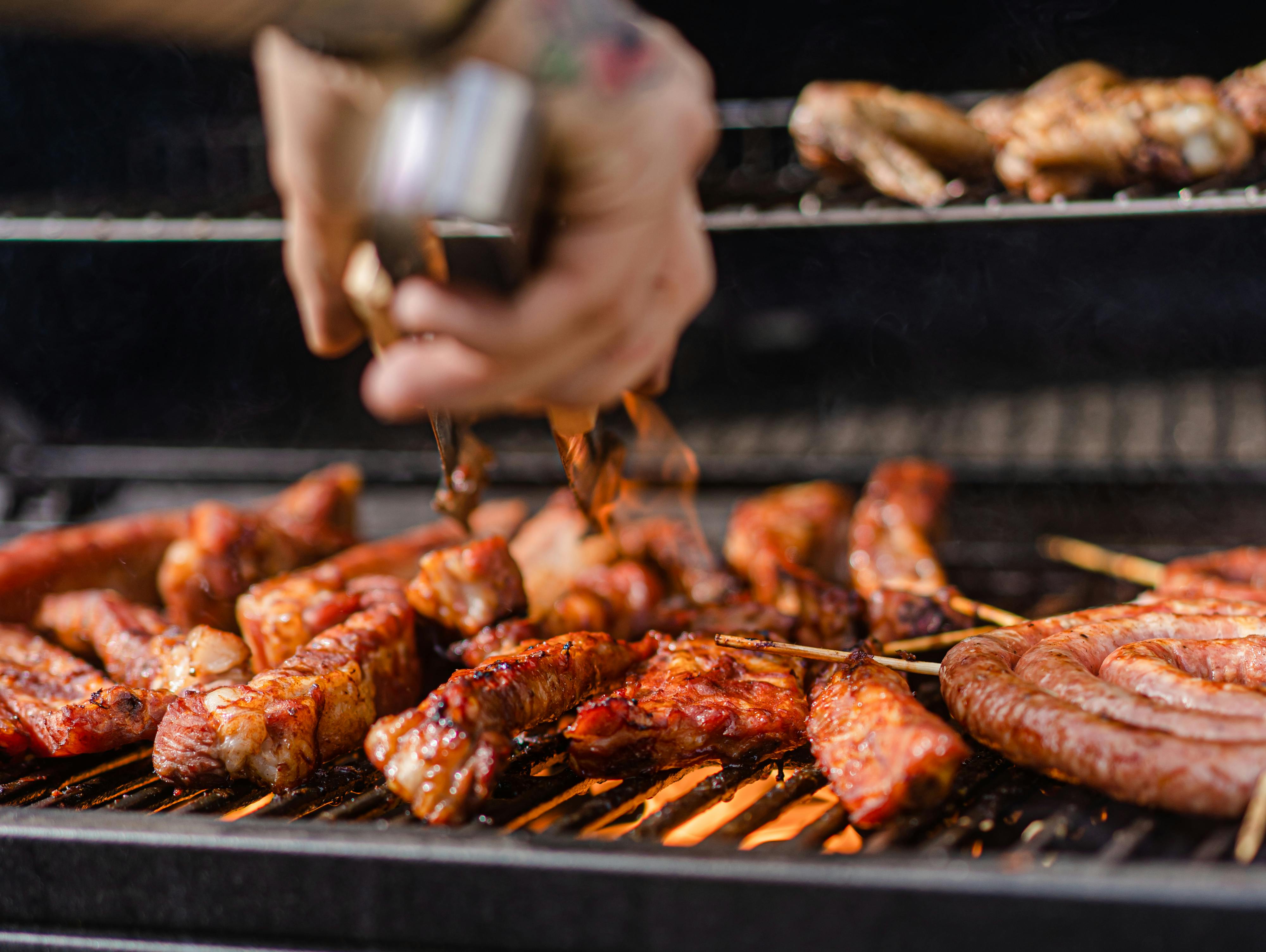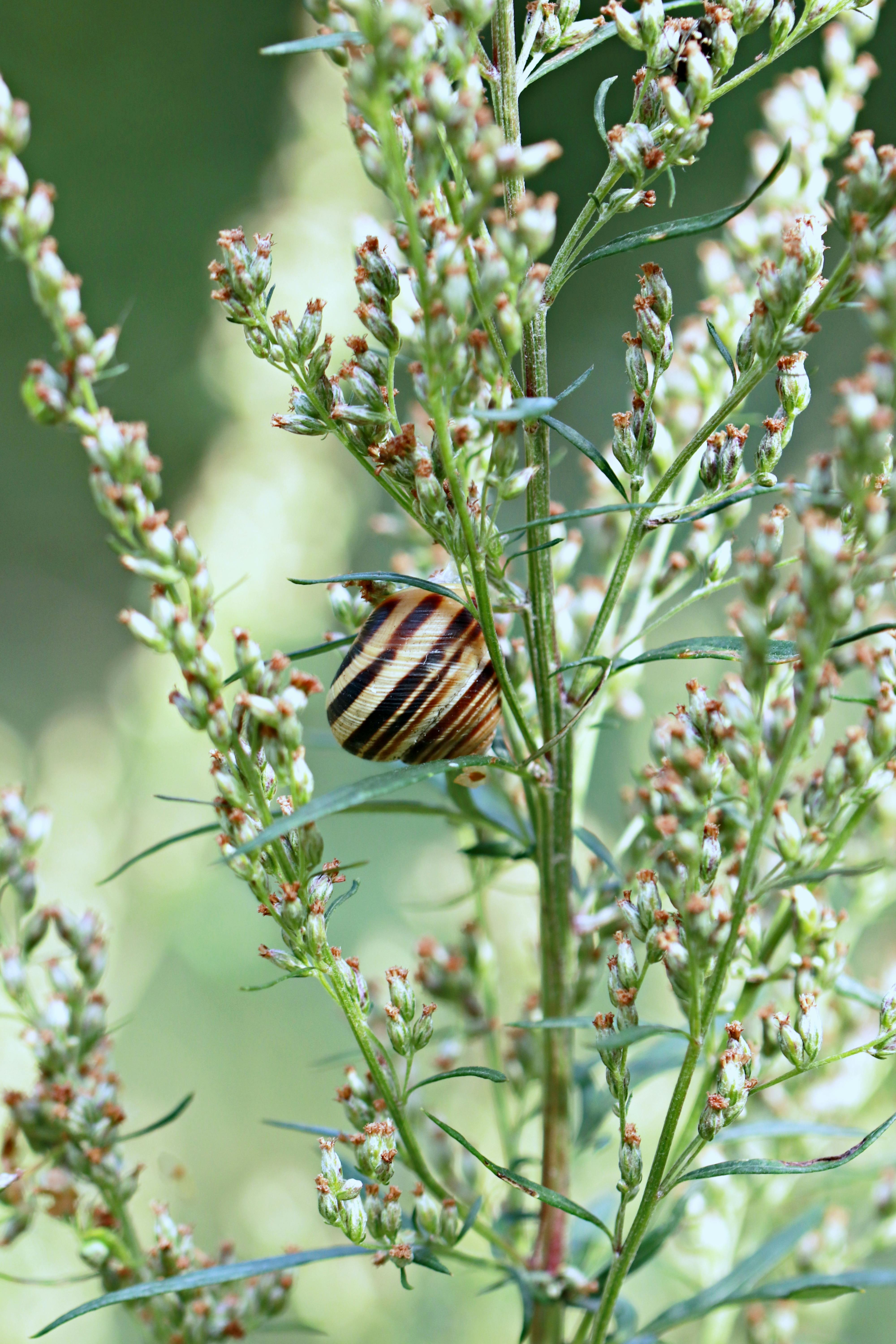Mastering the Art of Cooking Perfect Spaghetti
Cooking spaghetti may seem like a simple task, but achieving the perfect texture and flavor requires some precision and understanding. In 2025, we continue to refine our pasta-making techniques, ensuring that every batch of spaghetti meets our culinary expectations. Whether you're preparing a classic dish or experimenting with new flavors, learning how to properly cook spaghetti will elevate your dining experience. In this article, we will delve into spaghetti cooking time, techniques, and tips for creating tender and flavorful noodles.
Understanding the proper cooking time for spaghetti is essential for achieving that delightful al dente texture. We will cover the ideal spaghetti cooking duration, discuss how to determine doneness, and provide practical tips for avoiding common mistakes. By following our spaghetti noodle cooking guide, you'll not only learn the best way to boil spaghetti but also how to pair it with various sauces for a complete meal.
Understanding Spaghetti Cooking Durations
Finding the right cooking time for spaghetti can make the difference between a delicious meal and an overcooked disaster. To cook spaghetti perfectly, it's important to follow a few key principles. The standard cooking time for spaghetti typically ranges from 8 to 12 minutes, depending on the thickness and type of noodle. Thin spaghetti generally requires less time, while thicker varieties take longer to cook.
To start, bring a large pot of water to a rolling boil. This is crucial as it ensures even cooking. Adding a generous amount of salt to the water not only enhances flavor but also helps prevent the noodles from sticking together. Once the water is boiling, add your spaghetti and stir it gently to separate the strands. It's important to check the package instructions for specific cooking times, as different brands may vary.
Measuring Cooking Time for Different Types of Spaghetti
Different types of spaghetti noodles require varied cooking durations. Here’s a quick guide to help you navigate the timing for cooking spaghetti based on its type:
- Classic Spaghetti: 8-10 minutes for al dente.
- Thin Spaghetti: 6-8 minutes.
- Whole Wheat Spaghetti: 10-12 minutes for a tender texture.
- Gluten-Free Spaghetti: Timing may vary; usually around 8-10 minutes.
This naturally leads us to consider how to detect spaghetti doneness and enhance its cooking process.
How to Detect Spaghetti Doneness
Knowing how to tell when spaghetti is done is vital for perfect texture. The best method is to taste a strand a minute or two before the suggested cooking time ends. Pull a piece out of the pot, let it cool slightly, and take a bite.
If it’s firm to the bite, yet tender, you’ve achieved the perfect al dente result. If it feels too firm or gummy, it needs more time. Remember, you can always cook it a little longer, but if it's overcooked, there's no turning back!
Boiling Tips for Perfect Spaghetti
To avoid overcooked spaghetti, it's wise to follow these boiling tips:
- Make sure the water is at a full boil before adding noodles.
- Stir occasionally to prevent sticking.
- Test for doneness regularly, especially near the end of the cooking time.
Now that we've mastered the basics of cooking spaghetti, let’s explore the best practices for enhancing its flavor and pairing it with sauces.
Flavor Enhancement and Sauce Pairings
Once you've cooked your spaghetti noodles perfectly, you can take your meal to the next level with the right sauce and seasonings. A well-prepared sauce can completely transform your dish. Here, we’ll discuss how to season spaghetti and the best sauce types to elevate your pasta dish.
How to Season Spaghetti Properly
Seasoning your spaghetti is key to maximizing flavor. Start with a sprinkle of salt while cooking the pasta, then consider adding ingredients like:
- Olive oil or butter for richness.
- Fresh herbs (e.g., basil, parsley) for freshness.
- Grated cheese, like parmesan, for added depth.
Incorporating these extras can significantly enhance your dish and leave a memorable impact on your dining experience.
Best Sauces to Pair with Spaghetti
Choosing the right sauce can make all the difference. Some popular spaghetti sauce options include:
- Marinara Sauce: A classic tomato sauce elevating flavor and acidity.
- Alfredo Sauce: Rich and creamy, perfect for indulgent evenings.
- Pesto Sauce: Fresh and vibrant, providing an aromatic punch.
Experimenting with different sauces will lead you to discover new favorites; just ensure the flavor profile complements the spaghetti's characteristics well.
Common Mistakes When Cooking Spaghetti
It's easy to make small mistakes that can impact the final dish. Here are some common pitfalls to avoid:
- Not using enough water to cook noodles, leading to uneven cooking.
- Skipping the salt in boiling water, resulting in bland spaghetti.
- Overcooking noodles, which can make them mushy.
By watching for these tips, you are already on the path to perfect pasta!
Storing and Reheating Spaghetti
Learning to store leftover spaghetti properly is just as important as cooking it. Whether you've made too much for dinner or simply want to save some for lunch the next day, proper storage can help you enjoy your spaghetti later. We’ll discuss how to store and reheat cooked spaghetti without losing its texture.
Storing Leftover Spaghetti
To keep your spaghetti fresh, follow these guidelines:
- Allow the spaghetti to cool completely before placing it in an airtight container.
- Store in the refrigerator for up to 3-5 days.
- For longer storage, consider freezing spaghetti, where it can last up to 3 months.
Reheating Cooked Spaghetti
To reheat spaghetti without compromising its quality, use one of these methods:
- Microwave: Add a splash of water and cover. Heat in intervals, stirring in between.
- Stovetop: Place noodles in a pan with a little water and heat over medium until warmed through.
Taking care when reheating ensures your spaghetti retains its original delightful flavor and texture.
Conclusion
Cooking spaghetti may appear simple, but mastering the intricacies of timing, seasoning, and pairing is key to creating a delicious meal. By applying the tips and techniques outlined in this article, you'll have everything you need to cook spaghetti perfectly, whether for a quick weeknight dinner or a festive family gathering. Remember, practice makes perfect—so don’t hesitate to experiment and enjoy your spaghetti adventures!
 example.com/image2.png
example.com/image2.png
 example.com/image3.png
example.com/image3.png 